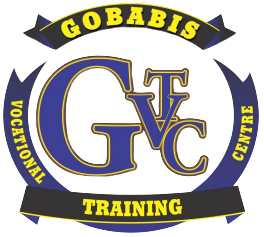Practical Skills Development:
- Hands-On Training: TVET emphasizes hands-on, experiential learning, allowing trainees to gain practical skills that can be immediately applied in the workplace.
- Real-World Experience: Many TVET programs include industrial attachment and apprenticeships, providing valuable real-world experience.
Career Advancement:
- Higher Employability: Graduates of TVET programs often have higher employability rates due to their specialized skills and practical experience.
- Career Flexibility: The skills acquired through TVET can be transferable across various sectors, providing flexibility in career choices and advancement.
Economic Empowerment:
- Increased Earnings: Individuals with vocational training often achieve higher earning potential compared to those with only general education.
- Self-Employment: TVET graduates are equipped with the skills to start their own businesses, contributing to personal economic empowerment and community development.
Community and National Development:
- Addressing Skills Gaps: TVET helps to address skills gaps in the labor market, ensuring that industries have access to the skilled workers they need to thrive.
- Sustainable Development: By promoting skills that support sustainable practices, TVET contributes to environmental sustainability and the overall well-being of communities.
Adaptability to Change:
- Resilience: TVET education fosters resilience by equipping individuals with the ability to adapt to technological changes and shifts in the job market.
- Continuous Improvement: It encourages a culture of lifelong learning and continuous improvement, essential for adapting to future challenges and opportunities.

